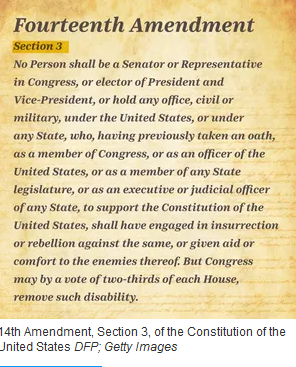1. Introduction: The Egyptian Cultural Construct
What was ancient Egypt? This introductory class will explore the Egyptian way of organizing space and time within the Nile River valley environment and identify the primary values of the culture which arose there at the dawn of its history. The actions, decisions, and values set the stage for the events to unfold in the succeeding millennia.
2. Pharaoh, the Smiter Who Ascends the Stairway to Heaven: The Egyptian Old Kingdom
The Old Kingdom marked the golden age of Egyptian dominance within the Nile River valley and the universe as the Egyptians knew it. The pyramids remained the tallest human-built structures until the Eiffel Tower over 4000 years later. Even as the Egyptians were constructing the culture that continues to dazzle people, it had to face its first moment of truth when that world became undone.
3. Restoration and Renewal in a Changing World: The Egyptian Middle Kingdom
In the second millennium BCE, the ancient Egyptians faced a situation which they had not previously known in over 1000 of history: the presence of a viable alternative. The Semites in what would become the land of Canaan were beginning to develop their own culture partially in the shadow of Egypt and partially independent of it. As the first millennium of Egyptian existence was dominated by Egypt in isolation, this millennium would be one on continual contact with both the Semites and the Nubians as the Egyptians increasingly were unable to live apart from its neighbors.
4. The World Turned Topsy-Turvy: Foreigners Rule the Land
The first foreigners to rule Egypt were the Hyksos, a people from the land of Canaan who sojourned few in number into the Delta where they became a mighty people remembered by the Egyptians for centuries to come. With the arrival of the Hyksos in the land of Egypt, the Egyptian sense of identity and place in the cosmos undergoes an agonizing reappraisal as it struggles to right a world that has turned upside down only to discover that time had become linear, not cyclical, and Humpty could not be put back together.
5. Once More into the Breach: The Smiting Pharaoh of New Kingdom Egypt
The second half of the second millennium BCE was the golden age of Egyptian imperialism in the ancient Near East. Never before and never again would the Egyptian empire attain the size and power that it did during this period. Although perhaps best known for the boy king Tut(ankamun) and the strange king Akhnaton, it was a time of great military achievements, huge numbers of slaves, and a dramatic showdown at Megiddo, First Armageddon, that would define Egyptian-Semitic relations for centuries to come.
6. The Amarna Age: The “World’s First Individual”
American Egyptologist James Henry Breasted acclaimed Pharaoh Amenhotep IV who became Akhnaton as the world’s first individual in history. This characterization better reflects the American cultural values of its originator than the historical individual and serves as a reminder of how the past becomes a reflection of the present. Shortly afterwards Sigmund Freud posited that the man Moses was linked to this period of Egyptian experimentation. In the meantime, the fates of the land of Canaan and the Nile River valley became even more intertwined.
7. The Ramses Age: Ego, Excess, and Exodus
The 13th century BCE was the century of Ramses II, the best known Pharaoh in Hollywood and to the movie-going world. The true history of the era involves more than two-dimensional clichés even though that is actually how pharaohs often portrayed themselves. The geopolitical context at this time was one fraught with danger and reveals Ramses as better able to proclaim an Egyptian cosmos through his monuments and writings than to attain it in the real world.
8. Little Ramses: The Son and the Appearance of Israel
During the reign of Merneptah, the son of Ramses who succeeded his 91 year old father, Israel appears in the Egyptian historical record for the first and only time. The existence of Israel should not be examined in isolation or in a vacuum divorced from the geopolitical situation which now confronted Egyptian. Egypt now had had centuries of close contact with Semites in the land of Canaan and these historical memories shaped the perception of the new situation now being created with the appearance of Israel.
9. Sing a Song: Ramses III and the End of an Era
With 12th century BCE Ramses III, the Egyptian era of imperialism comes to an effective end. New peoples including Israelites and the Philistines now carve out their own place in what was once the Egyptian sphere of influence. The achievements of Thutmose III at Megiddo in the 15th century are reversed. Egypt was beginning a downward path that during the first millennium BCE would see one people after another rule Egypt, but for now this middle-age king sought to hold onto a faded glory that soon was to become a tourist site.




